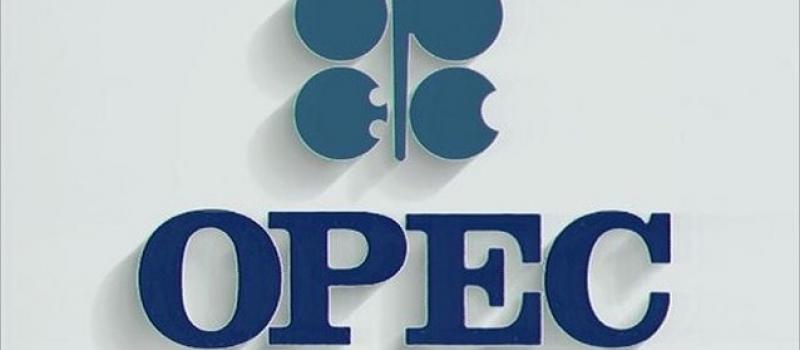Summary:
What do you expect from the OPEC meeting on Sunday, and will there be any surprises?

What do you expect from the OPEC meeting on Sunday, and will there be any surprises?

At the center of the Doha meeting on April 17th are the only two countries in a position to significantly raise production in 2016 at present price levels, Saudi Arabia and Iran. Meanwhile the elephant in the room… is not in the room- namely the US unconventional oil and gas companies that accounted for the largest share of the recent rise in oil production. The special case of Iraq aside, most other players, Russia included, are producing at the frontier of their technical, political or managerial capacities.
Of the three key players, Saudi Arabia is the one holding the trump card and I
see Doha unfolding on Saudi terms, either toward the Saudi-preferred solution
or toward a negative result that will deliver some of the non-oil objectives
that loom high on the Kingdom’s agenda.
With OPEC long since dis-functioning, I see Doha as a meeting to decide what
countries, among a much wider set, should be in the post-OPEC cartel around Saudi
Arabia and its GCC allies. Being in the cartel means abiding by Saudi terms, which
include both a ceiling on prices to limit the slippage of production toward North
America and renewables, and a ceiling on the post-sanction increase in Iranian
oil revenues. A cartel exists not only through
the high prices that its success can ensure but through low prices that the
cartel leaders are in a position to inflict upon all, themselves included, to
enforce their terms.
To make a long story short, a positive
conclusion will see a limit on the rise of Iranian exports that, together
with the broader demand-supply balance, will keep Iranian revenues not too far
from where they were under sanctions. I think this means oil prices around or
just below $50, with spikes a bit above that level but not sustained.
A failure to agree on the rules for
post-OPEC cartelization will see Iranian exports double in a short period but
Iranian revenues fall compared to the sanction period due to lower prices. Investment in Iran will slow down as Saudi
will encourage a fight for market share. To do this, the Kingdom can mobilize
both its massive spare capacity and its war chest of partial privatization of
Aramco’s non-sovereign operations. Prices would then hover around $40 with possibly
punitive spikes below.

Comments
The statement by Prince Mohammed bin Salman (also chair of the Supreme Council of SAudi Aramco).made public oon saturday gives three levels of production KSA could achieve (1mbd more immediately, 12.5mbd in 6 month---this is the official prod capa) and for the first time, a reference to the t20mbd KSA could reach if its policy became to montetize all low-cost resources. This will not happen for reasons too long to explain but merely invoking it is akin to parading nuclear-tipped missiles in the OPEC virtual alleys.
Expect significant decline, and talks about possible deal in June to manage it it.
Ultimately, I think it will be very difficult for Saudi Arabia to “contain” Iran. Reduce revenues and slow geopolitical growth, yes, but I can’t imagine that the kingdom can retard Iran’s rise by more than a year or two. Do you think the Saudis would actually attempt a military confrontation with Iran? My hunch is that the chances of success in such an endeavor are vanishingly small.